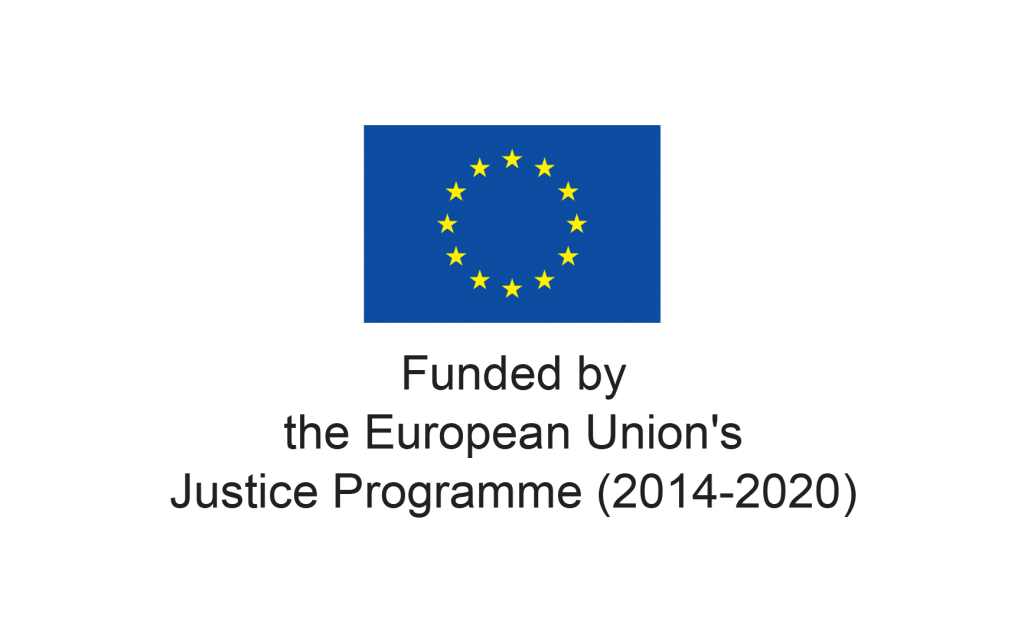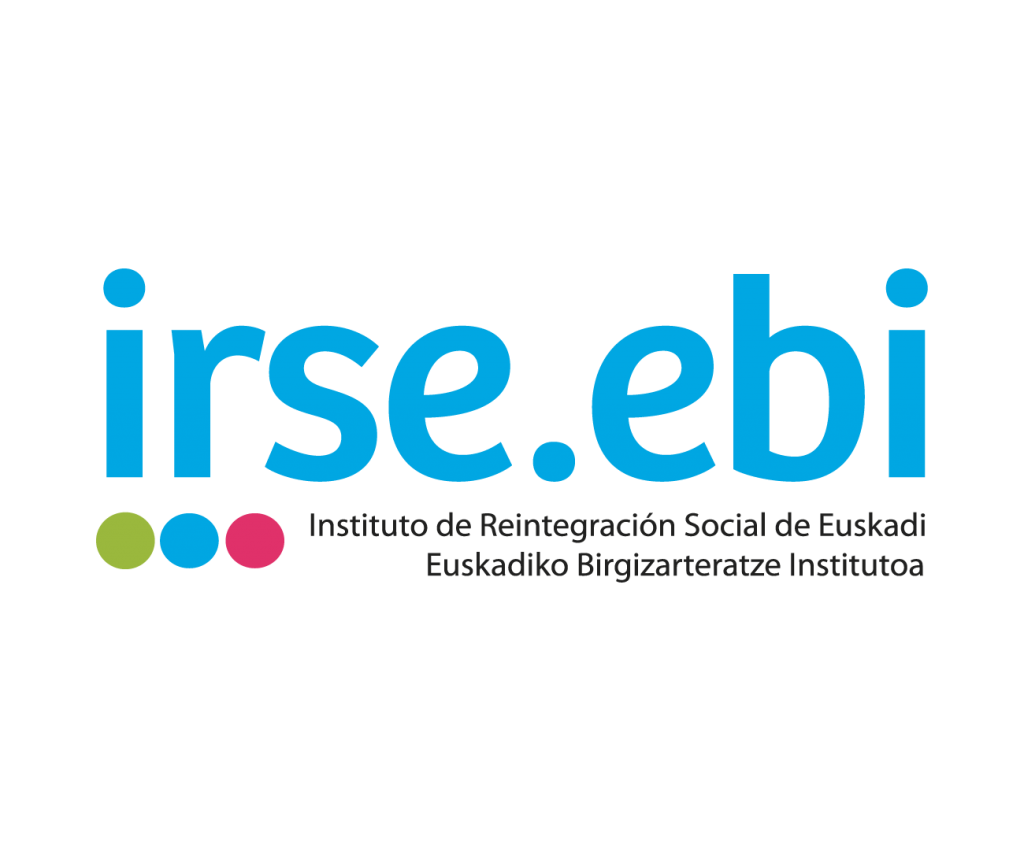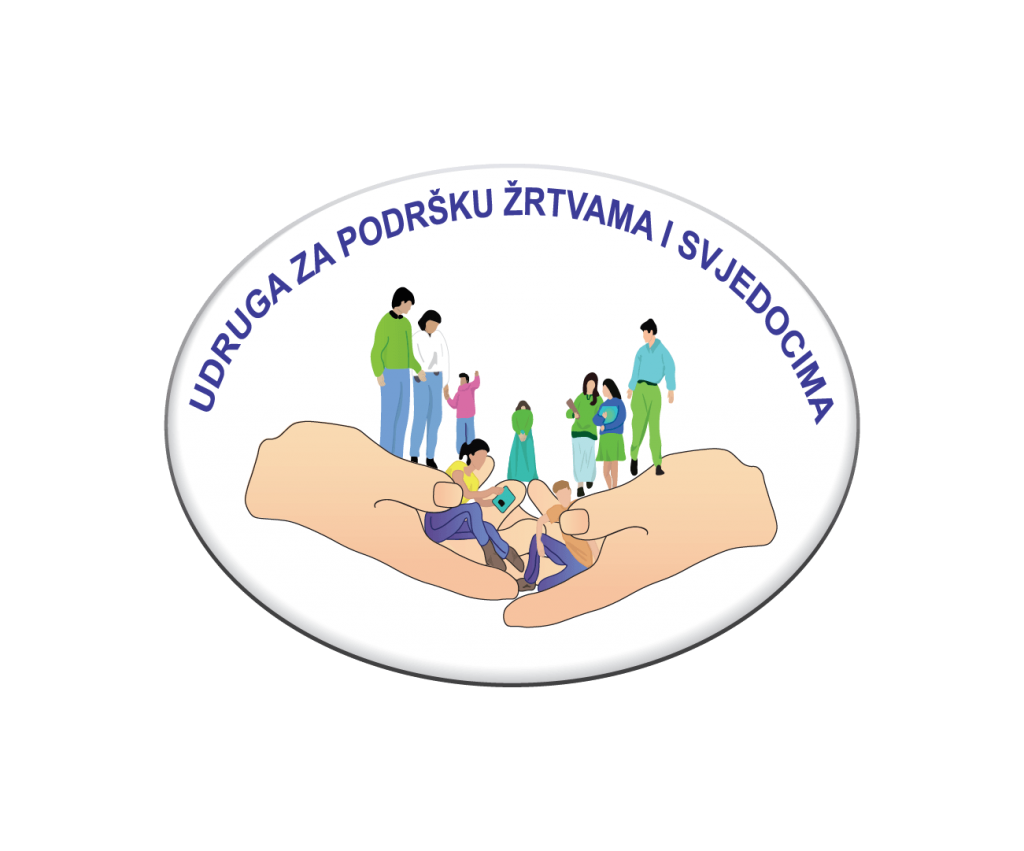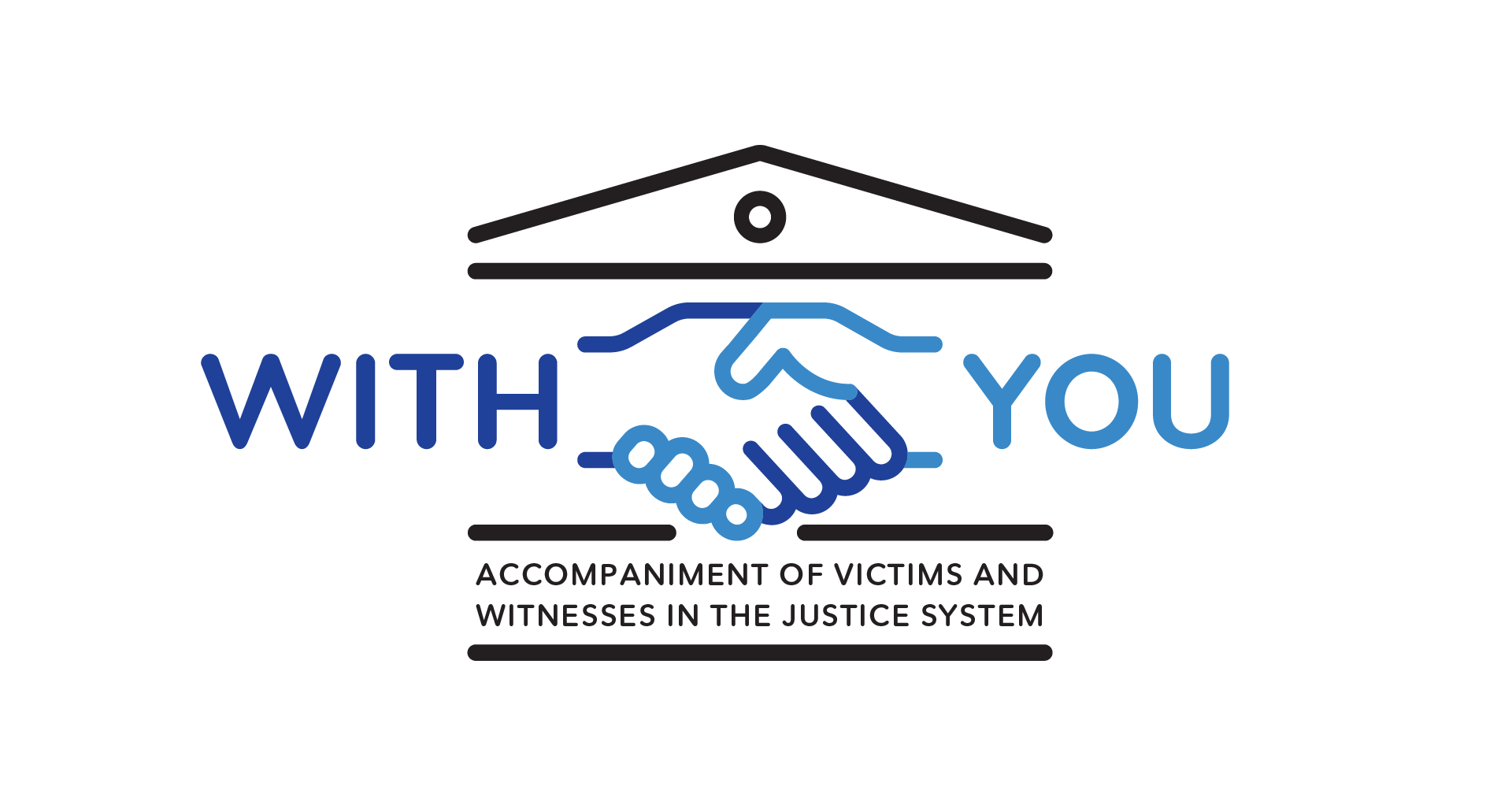Who is Who?

1 - Victim
2 - Witness
3 - Victim Support Worker
1. Victim
The article 67-A of the Portuguese Criminal Procedure define as victim of crime who was suffered an damage, namely um atentado à sua integridade física ou psíquica, um dano emocional ou moral, ou um dano patrimonial, diretamente causado por um crime. Also are considered as victims, according to Portuguese law, the family of someone who was died because of a crime or had suffered damage in consequence of this death.
In Portugal, the major part of the conduct considered as crime is defined on the Penal Code. Moreover, has some crimes describe in special legislation, for example, as traffic of drugs or illegal possession of a gun.

The victim of a crime is the holder of a set of rights, namely those provided for in the Victims’ Directive, transposed into national law by the Victims’ Statute (Law 130/2015, of 4 September). Additionally, there are some specific rights of victims of domestic violence are provided for in Law nº 112/2009, which established the Legal Regime applicable to the Prevention of Domestic Violence, the Protection and Assistance of its Victims and the Statute and rights of victims of trafficking in persons are provided for in article 109 of Law nº 23/2007 of July.
In the criminal proceedings, the victim is almost always called upon to intervene as a witness, since their direct knowledge of the facts is very important for the discovery of the truth.
2. Witness
A witness is any person who has direct knowledge of facts that are important to the case and who, therefore, can be called upon to testify, given that they witnessed the commission of the crime or possesses important information for the discovery of the material truth. It goes without saying that, in most cases, victims are witnesses to the crime.
However, witnesses can also suffer as a result of the occurrence of a crime, as witnessing a violent situation can have a negative impact on emotional well-being.
In Portugal, the Criminal Procedure Code does not define witness, although it contains numerous references to it. A definition of the witness can be found in subparagraph a) of Article 2º of Law nº 93/99 (Witness Protection Law), according to which a witness is any person who, independently of its status under the procedural law, has the information or knowledge necessary for the disclosure, perception or appreciation of the facts that are the object of the process.

In principle, any person who is called to testify as a witness has a duty to testify, there are some exceptions: close relatives of the defendant, who may refuse to testify, and persons covered by professional secrecy, such as journalists, doctors and lawyers. However, they may still be required to testify in case of serious crimes and their testimony is crucial to discovering the material truth.
Any witness who is called to give evidence must appear at the trial hearing at the date, time, and place indicated in the notification letter, follow the instructions given on how to give their testimony and answer the questions truthfully. Otherwise, she could be charged with the crime of falsifying a statement
Witnesses are not required to provide their addresses for the purposes of court notifications. They may choose to provide their business address, in order to prevent other parties involved in the process from knowing where they live.
Witnesses may be accompanied by a lawyer whenever they have to testify. Their lawyer, whenever necessary, will be able to inform them of their rights, but will not be able to intervene in the inquiry.
On the day of the judgment, the witnesses are not allowed to remain in the trial room before being heard, so they must wait in the witness waiting room and enter the courtroom just at the moment to testify.
Protection measures for witnesses may be implemented whenever there is a risk – to their life, physical and psychological integrity, liberty and property of considerable value – due to their contribution to the evidence of the crime. These measures could be extended to include their relatives, family members and another person close to them.
In any case, the defendant may be removed out from the courtroom while the witness, particular the victim, is testifying, if the court understands that his presence may dissuade the victim from telling the truth or if they are minor age 16 and there is reason enough to believe that testifying in the presence of the defendant could have a serious negative effect.
Witnesses have the right to be refunded for expenses incurred as a result of their intervention in the process.
3. Victim Support Worker
A Victim Support Worker is a person with specialized training in the area of victim support, whose job is to identify, assist, monitor and provide support to victims of crime.
The Victims Support Workers understands how the victim feels and what he/she goes through after experiencing the crime. To that extent, their job is to help the victim overcome or at least mitigate the impact of the crime. To this end, the Victims Support Worker is prepared to provide different types of support, including generic, emotional, practical and, depending on your area of training, psychological, social or legal.
Victims Support Worker have different professional and personal skills to carry out these functions. In addition to having academic qualifications in areas closely linked to the needs of victims, such as psychology, law or social work, they receive specialized training in victim support. As such, they have an in-depth knowledge of the consequences of victimization, the victim’s reactions, the types and support services available, etc.

On a personal level, Victim Support Workers are competent to listen to the victim, understand their fragility at that time and provide emotional support, accept what victims are willing to tell and what they prefer not to talk about, respecting their decisions, even if may disagree because they feel they are not in the victim’s best interest.
During their interactions with the justice system, the Victim Support Worker could accompany victims. In these moments, in order to reduce anxiety, it is not only important that victims know in advance, what they can expect from each procedural moment, but it is also essential that they have someone on their side they can trust. In this sense, Victim Support Workers are able to provide support to both victims and witnesses by accompanying them in court, public prosecution services or police station/post, practically and emotionally supporting them, explaining to them how the judicial procedure works and respond to any doubts and questions that victims may have regarding the procedural process.
Coordinator:



Partners:








